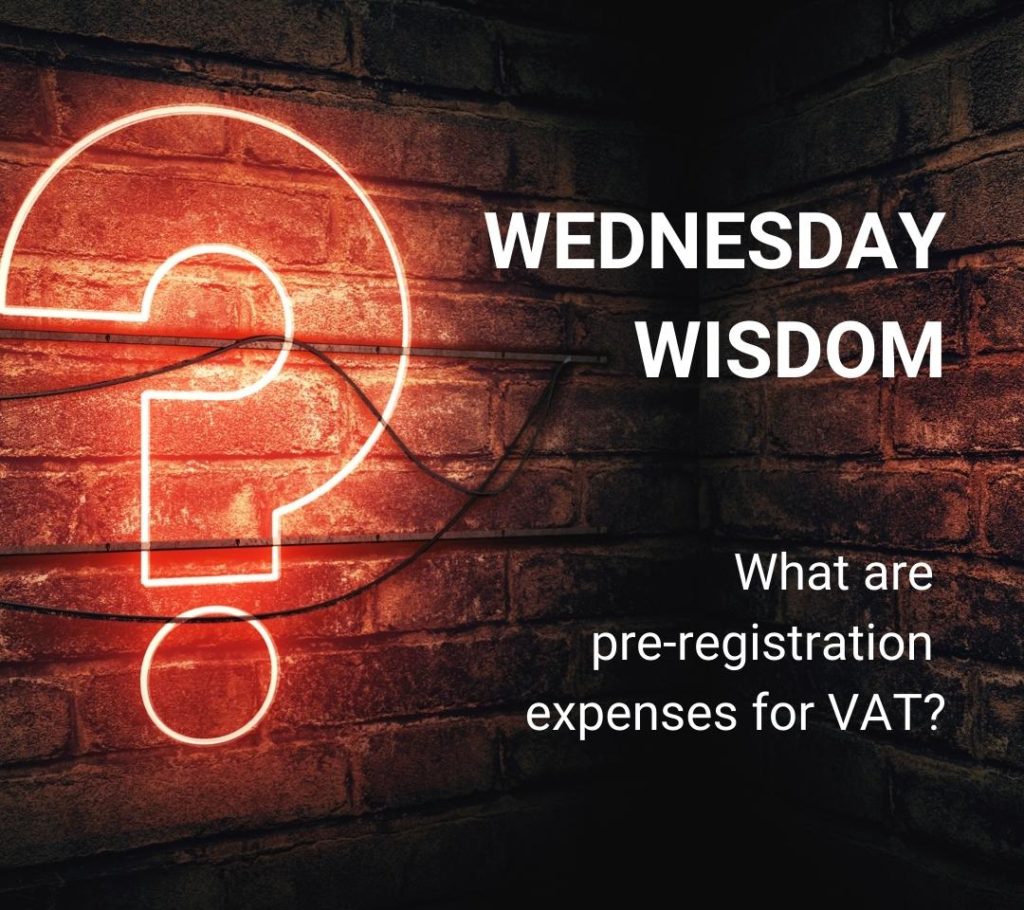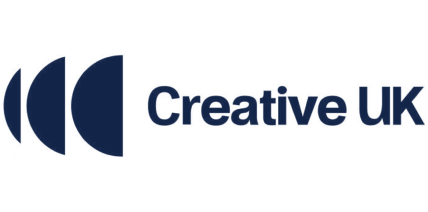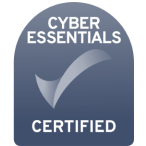How do I make sure I don’t run out of cash?
Cash is one of the main KPIs for small businesses and the failure to manage it correctly is one of the key reasons that small businesses fail. Below are some of the things you can do to keep your cash as healthy as possible.
1. Have a cash plan/forecast
The best way to make sure you don’t run out of cash is to have a Cash Plan/Forecast. A spreadsheet exercise (or other system), which maps cash in and cash out by month, could be a life saver for your business. Having your cash balance laid out in visual way means it is easy to see the dips in cash before they happen. This therefore allows you to prepare and put some plans in place to mitigate the situation.
This spreadsheet exercise must not be looked at in isolation. You must always remember to check it back to what is going on in your actual bank account. Where your plan has varied from your own bank account you must understand why. Only by doing this will you learn how robust your cash plan/forecast is.
2. Customer payment terms
It is important to have as minimal payment terms as possible in respect of your customers and to ensure they adhere to these payment terms. This can be easier said than done as you often don’t want to upset a customer by insisting on payment. However, disciplined monitoring of who owes you money, which customers are overdue and a plan to recover this money will help you feel in control.
3. Supplier payment terms
The flip side of customer payment terms are supplier payment terms. You should try to negotiate these terms to be as lengthy as possible. For example; if you can get all your customers to pay you in 30 days but can negotiate a 45 day payment term with key suppliers this will give you a cash buffer.
4. Stocks
If you have to hold stock to trade, you should try to keep these stock levels as low as possible without interrupting your service. Cash tied up in in stock is cash that could be better utilised elsewhere in the business if the stock is not imminently required.
These are the key things to consider around cash management but there are other things too. If you would like to discuss this further or require some assistance with anything mentioned here please do not hesitate to contact us.







